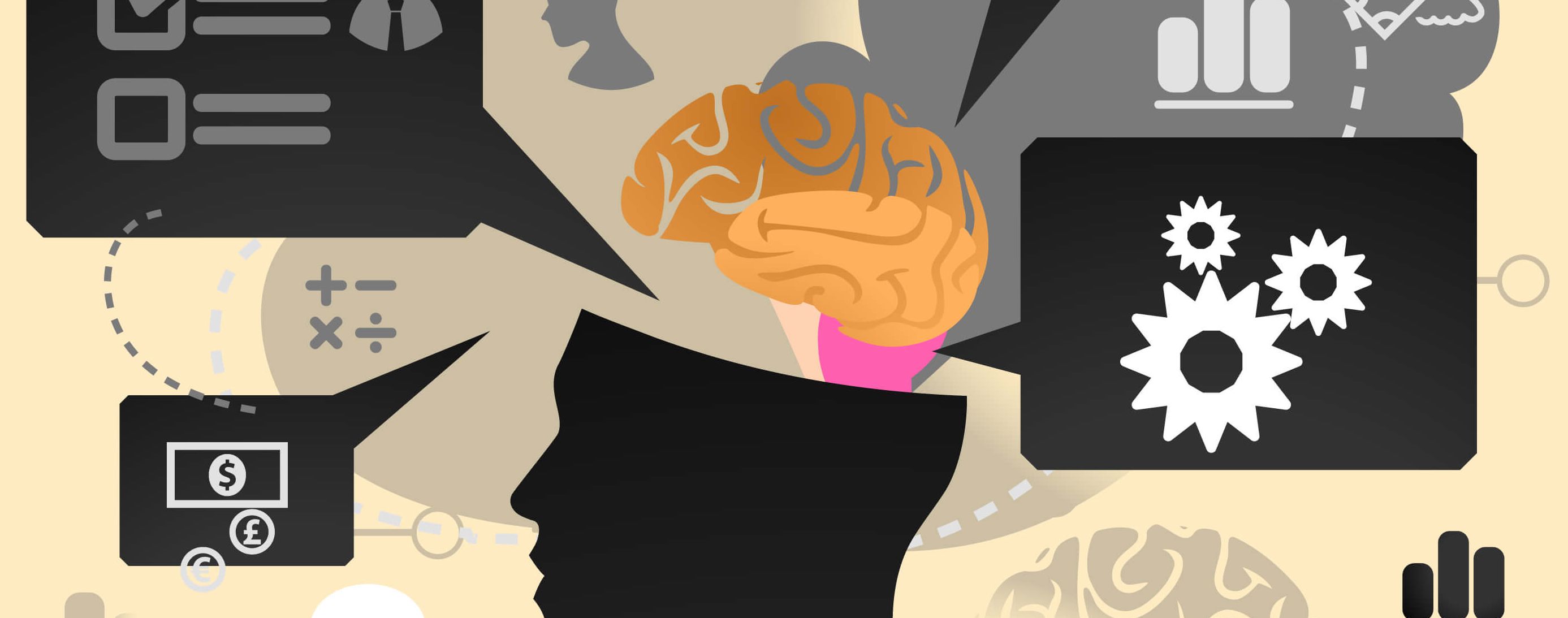In recent years research has shown that our memory is not only fallable (we can’t remember correctly) but also pliable (memories can be planted)
This can be dangerous. This is a manipulative tool if done consciously, but it also is important to know (our own) memory is fallible. If you think back to your early childhood memories, how much of them could have come from the stories the family shared and the photos rather than your direct experience.
Here are three ways you can be influenced through planting ideas in the brain:
- Leading questions: Did you notice how angry he was?
- This presupposes the person was angry, so you’ll reinterpret his emotions as a level of anger.
- Planning assumptions: Did you see the broken glass? (there wasn’t any)
- We assume we missed something, and so have the potential to plant
- Priming: How fast did the car go when it smashed into the other?
- The word smashed makes us assume the car is driving fast. This is dangerous, particularly when trying to get evidence or facts from someone.
This causes a memory to merge with the image planted in the mind. You may accept the idea because you can’t remember. You may not trust your memory so accept the new information. You may respond with the acceptable answer. (Ann and Dorothy Thomas, Mapping Psychology Book 1 & Book 2)
To see in action. Here is Derren Brown influencing Simon Pegg to remember a present.
The antidote to this as an interviewer is to use ‘clean language’ where we take these ‘presuppositions’ out of our words, so that we only hear the other person, and prevent planting ideas or prejudice into the questions.
